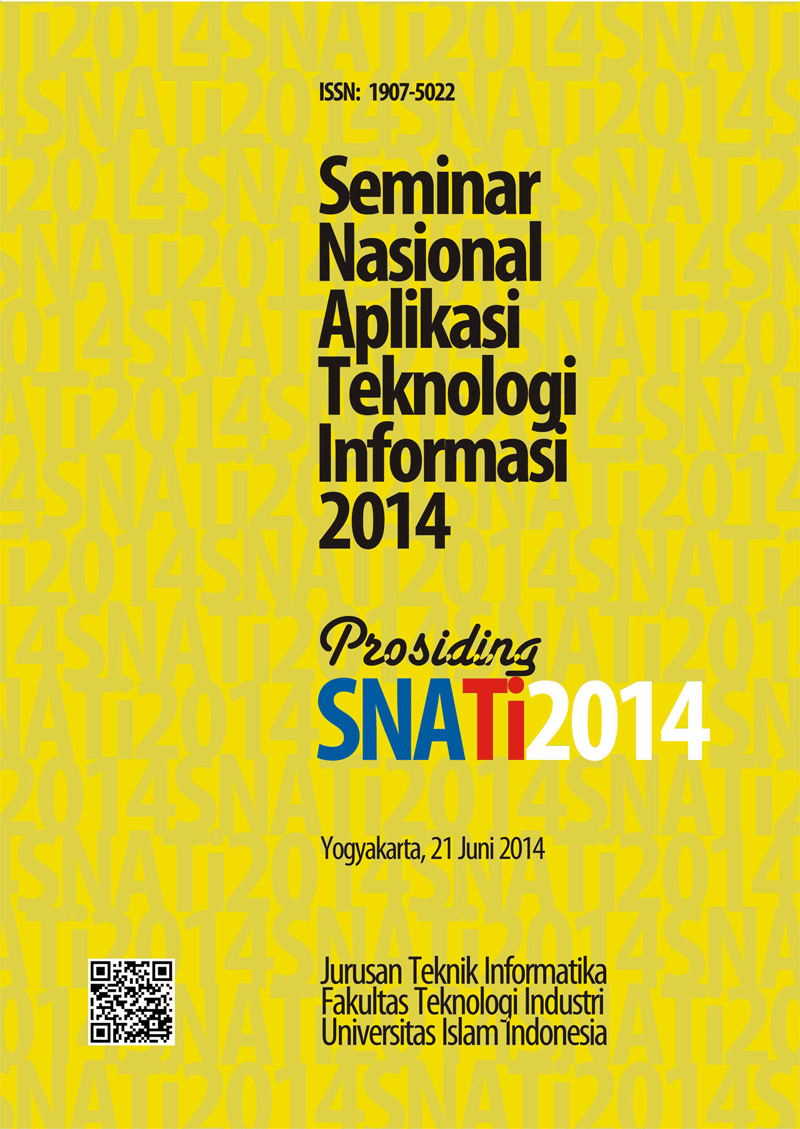Main Article Content
Abstract
Structural equation modelling (SEM) is a statistical technique for testing and estimating causal relations using a combination of statistical data and qualitative causal assumptions [1]– [3]. SEM allows for both confirmatory and exploratory modeling. In exploratory modeling one starts with the specification of a hypothesis, which is tested against measurements by measuring how well the model fits the data. In exploratory modeling one searches the model space without stating a prior hypothesis. Exploratory modeling has the benefit that no prior background knowledge is needed, but has the drawback that the model search space grows super-exponentially since for n variables the number of SEM models is n4n. In the present paper we use an evolutionary algorithm approach to deal with the large search space in order to obtain good solutions within a reasonable amount of computation time. In addition, instead of dealing with one objective, we deal with multiple objectives to obtain more robust specifications. For this we employ the multi-objective evolutionary algorithm (MOEA) approach by using the Non- Dominated Sorting Genetic Algorithm-II (NSGA-II). At the end, to confirm the stability of a specification, we employ a stability selection approach. We validate our approach on a data set which is generated from an artificial model. Experimental results show that our procedure allows for stable inference of a causal model.
